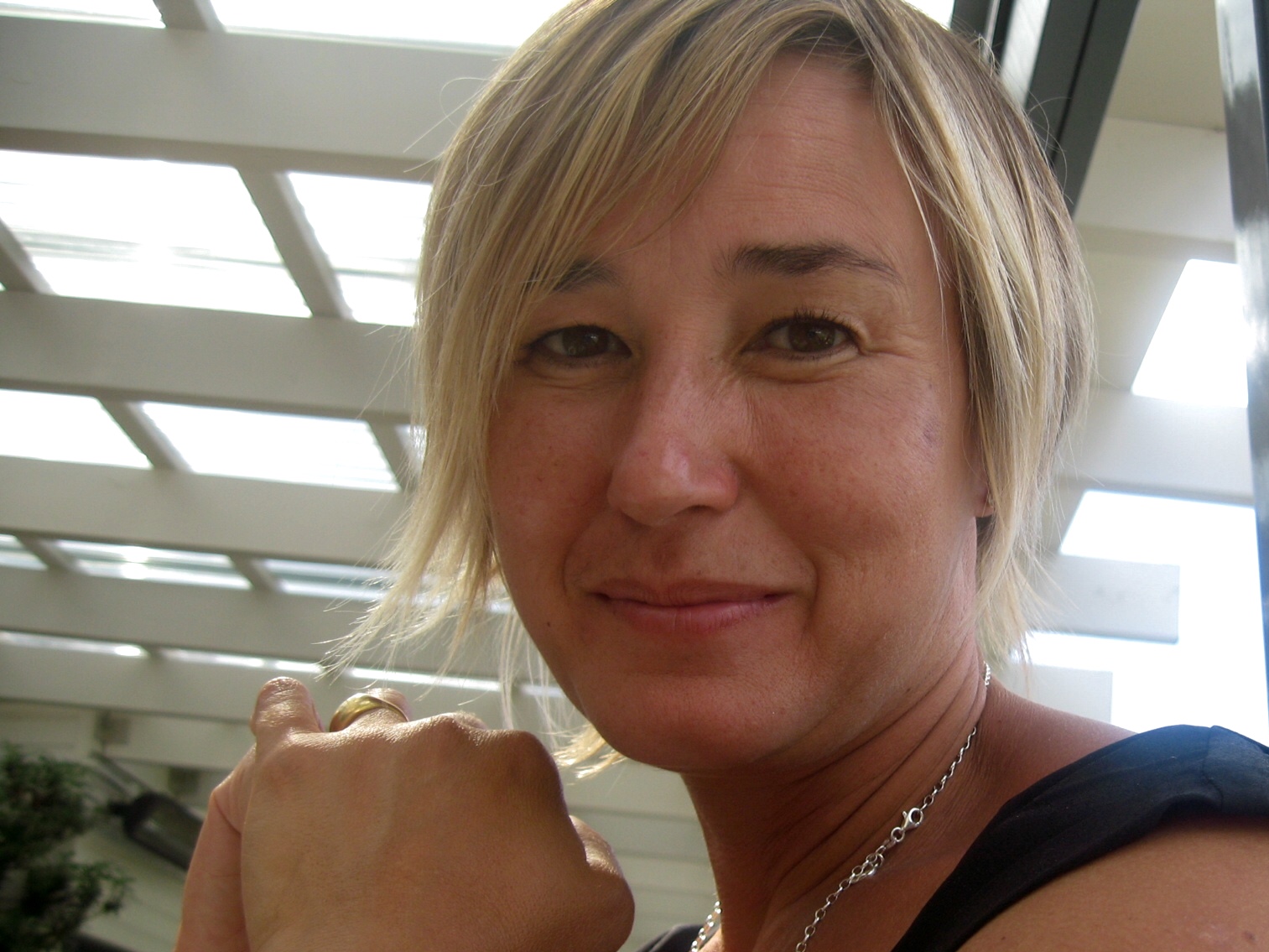Chameleon Courses ‘Knowledge Bites’ Series – 2020
Working with High-Risk Infants
Supporting infant development through responsive relationships: Nature, Nurture, ArohaCourse Presenter
Danielle Atkins
BHScOT, NZROT
Occupational Therapist / Consultant
Danielle is an expert occupational therapist with 22 years’ experience. She has a keen passion for working with infants/children and their whānau/families; infant behaviour and infant-parent relationships. Danielle is a highly skilled and respected therapist in the field. She is an internationally-recognised certificated Neonatal Behavioural Assessment Scale (NBAS) Trainer, Newborn Behavioural Observation (NBO) Trainer for Australia and New Zealand and a NZBA Bobath/NDT Tutor. She is trained in the Prechtl General Movement Assessment and has completed postgraduate papers in infant mental health and is an Executive member of IMAANZ. Danielle has worked in the UK and New Zealand and has over 10 years’ experience working with parents and infants in the Special Care Baby Unit (SCBU), alongside the MDT. In her private practice, Danielle works with infants/children who have experienced trauma in their lives through abuse, non-accidental injury and/or who have neurological impairment. Her special interests and clinical focus lies in high risk infants, neurobehavioural and neurodevelopmental assessment and interventions, developmental care and relationship-based interventions including follow up after discharge.
Course Description
This one-day course is designed for practitioners working with infants and their parents/carers who wish to learn more about infant behaviour, trauma-informed care, maximising developmental outcomes and nurturing infant resilience through enriching infant-parent relationships. It draws from the presenter’s wealth of experience and some of the key frameworks that support intervention such as EI SMART, Systems Theory, Synactive Theory, Neonatal Behavioural Assessment, Newborn Behavioural Observation and AMOR System.
The brain’s most primitive role is to ensure survival. Infants respond to perceived or actual threats that trigger chemical, structural and behavioural changes, regardless of intention or medical necessity. These excessive and repeated exposures to pain-related stress may alter development, for instance in the SCBU/NICU environment. Parents whose infants are in SCBU or hospitalised for prolonged periods have a higher risk for mental health challenges including anxiety and depression that may impact on the infant’s cognitive, behavioural and emotional development. Research highlights the critical importance of mutually responsive interactions between infants and their parents/carers. Attending to and building parents/carers’ capabilities, who care for and support children, to provide responsive, positive, warm and sensitive parenting/relationships can nurture the development of resilience; associated with better developmental outcomes.
Learning Objectives
From this course participants will develop an understanding of:
- Behavioural cues and the language of the infant, including approach and avoidance behaviours, signs and signals of stress
- Co-regulation leading to state regulation and the impact on development
- Neurological and environmental causes for atypical development
- How to begin building on adult capabilities to foster strong infant-parent/carer relationships and promote parental well-being
- The importance of nurturing the development of hospitalised infants through supporting consistent and responsive relationships
- Some of the key frameworks and assessments that can be used when working with infants and their families
This course is open to occupational therapists, physiotherapists and speech language therapists; therapists in visiting neurodevelopmental roles, nurses and other healthcare professionals, who work with infants and their families/whānau and caregivers.
Please note: Yummy treats are provided during breaks … lunch is not included.
Read a little …
National Scientific Council on the Developing Child (2007). The Timing and Quality of Early Experiences Combine to Shape Brain Architecture: Working Paper No. 5. Download PDF from: https://developingchild.harvard.edu/resources/the-timing-and-quality-of-early-experiences-combine-to-shape-brain-architecture/
Watch a little …
Overview of newborn behaviours and goals of the Newborn Behavioural Observation (NBO) presented by Dr Betty Hutchon, Consultant Occupational Therapist. This lecture was filmed at the NBO training meeting at the Royal Society of Medicine in London, on 5th May 2016 and is available free on the website [40 minutes}. View via: https://videos.rsm.ac.uk/video/what-is-nbo-goals-and-objectives-for-training

